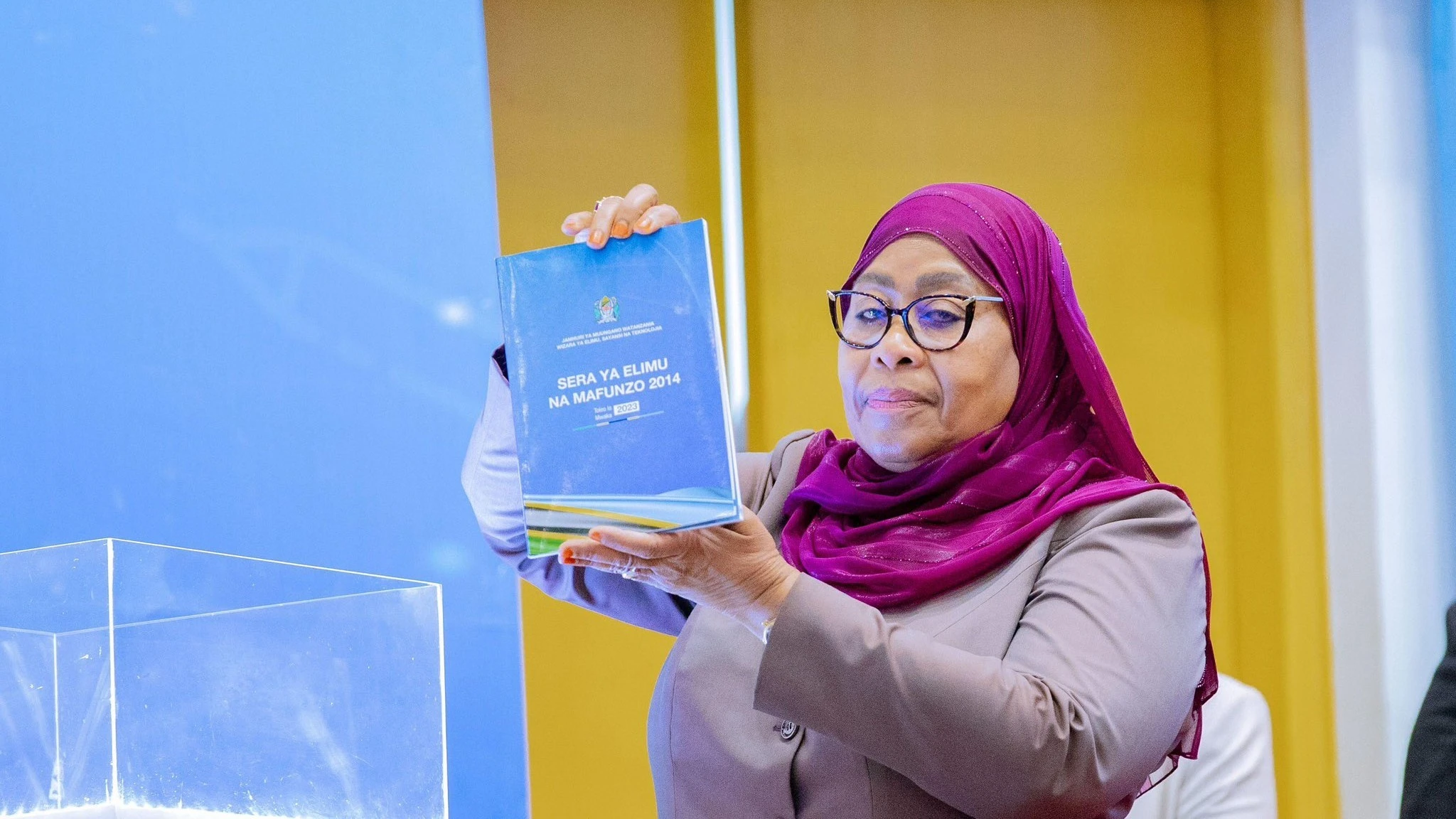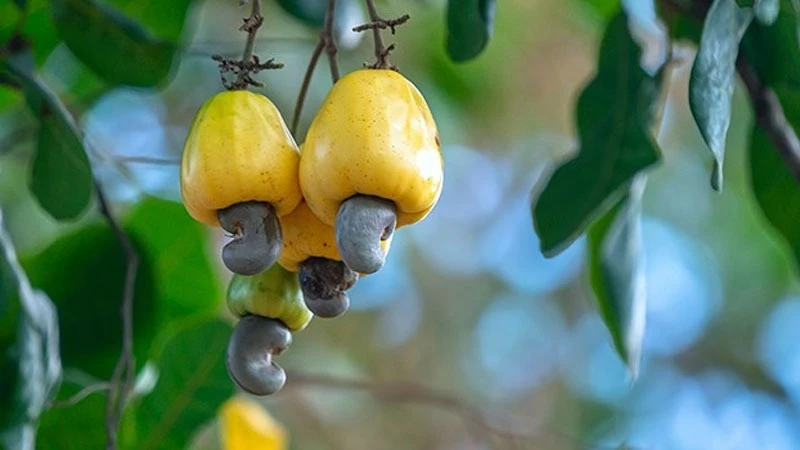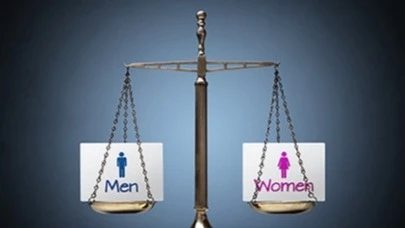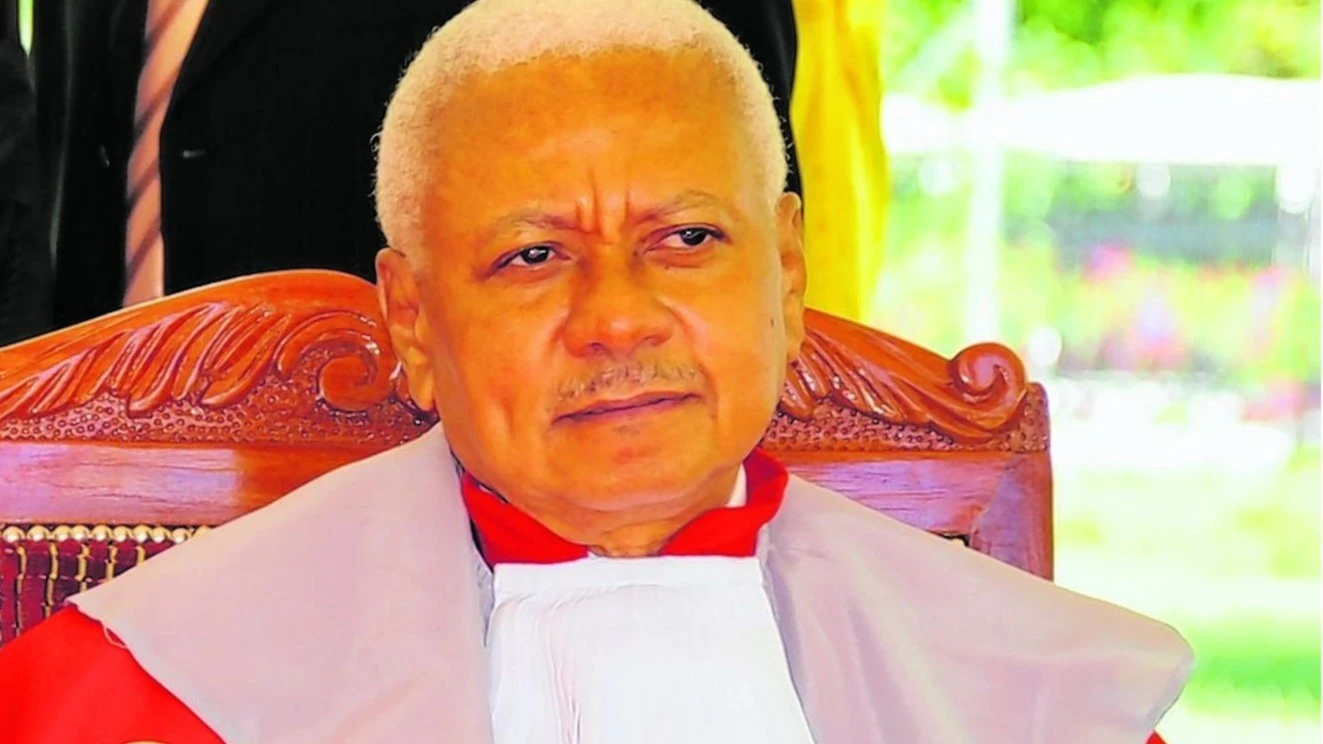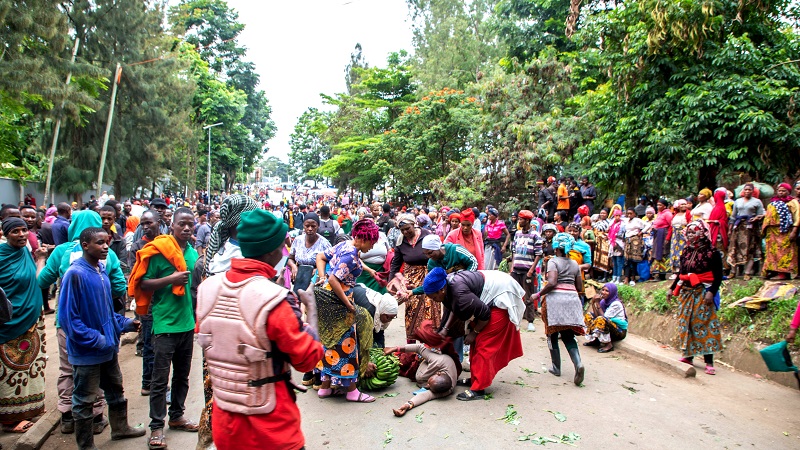Chad's political journey: From decades of turmoil to a path of transformation, hope
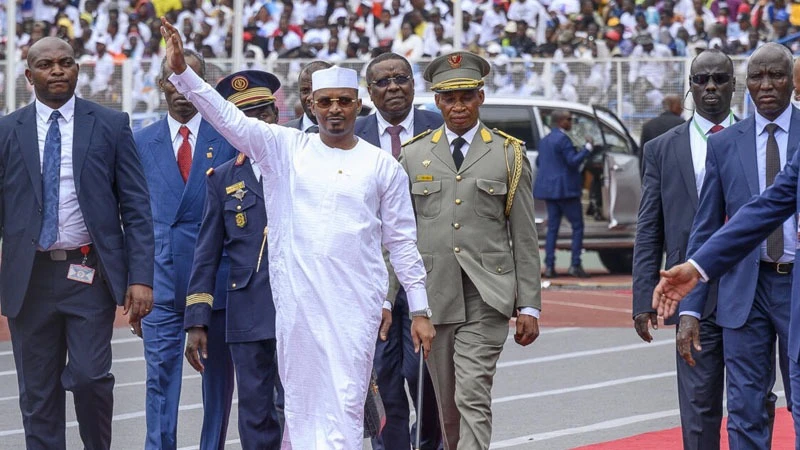
NESTLED in Africa's heart, Chad's political saga unfolds with a blend of endurance and turmoil. The recent presidential election affirms Mahamat Idriss Deby's ascendancy, clinching victory with a formidable 61 percent mandate despite contentious objections.
However, international rights groups cast a shadow over the electoral process, deeming it neither credible nor fair. The International Federation for Human Rights and the International Crisis Group voiced skepticism, citing pre-election irregularities that marred the poll's integrity.
This electoral triumph prolongs the Deby family's entrenched rule, tracing back to Deby's father's coup in the early 1990s. Yet, the celebration following Deby's victory turned tragic, with at least 10 fatalities, including children, and numerous injuries resulting from reckless celebratory gunfire, as reported by Amnesty International and Chadian media.
Chad's complex history reflects a mosaic of ethnic and linguistic diversity, with over 200 distinct groups vying for power and resources. This diversity, while enriching Chad's cultural heritage, has also fueled internal tensions. Against this backdrop, the nation's pursuit of stability and prosperity navigates through a tumultuous terrain of political uncertainty and social challenges.
The legacy of colonialism looms large in Chad's history, as it does across much of Africa. Under French rule, Chad was incorporated into the colonial administration of French Equatorial Africa, with significant implications for its political and economic development. While colonialism brought some infrastructure and institutions to Chad, it also imposed artificial borders and systems of governance that continue to influence the country's dynamics to this day.
The narrative provided draws on historical events and political dynamics in Chad, reflecting a comprehensive understanding of the country's complex journey from colonialism to independence and its subsequent struggles with governance and political stability.
A respected Tanzanian Historian Mussa Lugete, University of Dodoma lecturer Dr. Philemon Sengati, and former senior lecturer in International Relations from the University of Dodoma, Prof. Amukowa Anangwe, could shed light on the political situations in Chad and Africa as a whole.
According to Mussa Lugete, a renowned Tanzanian Historian based in Dar es Salam, "Independence in 1960 marked a pivotal moment in Chad's history, as it embarked on a journey towards self-determination in the aftermath of colonialism." Lugete emphasizes the challenges faced by Chad in consolidating its national identity and overcoming regional divisions under the leadership of François Tombalbaye.
Dr. Philemon Sengati, a lecturer at the University of Dodoma, adds insights into the internal conflicts and external interventions that characterized Chad's post-independence era. "The Chadian–Libyan conflict of the late 20th century exacerbated internal divisions and fueled regional power struggles," notes Sengati. "External powers, including France, played a significant role in shaping Chad's alliances and security policies during this period."
Prof. Amukowa Anangwe, a former senior lecturer in International Relations at the University of Dodoma, provides valuable analysis of the legacy of authoritarian rule in Chad. "Idriss Déby's presidency, which spanned three decades until he died in 2021, exemplified a pattern of authoritarian governance marked by repression and political violence," explains Anangwe. "The succession of power to his son, Mahamat Déby, underscores the challenges of democratic transition and political legitimacy in Chad."
Similar scenarios have played out across Africa, where leaders groom their successors, often family members or close allies, to inherit power and perpetuate their legacies. This phenomenon reflects a broader trend of personalization and centralization of power, where political institutions and processes are subordinated to the interests of individual leaders and their inner circles.
Chad, a country in central Africa, has a turbulent history marked by political instability and authoritarian rule. The recent death of President Idriss Déby in April 2021 has sent shockwaves through the nation, marking a significant turning point in its political landscape. Déby, who ruled for three decades, met his demise in combat with rebel forces in the northern region of the country.
In the wake of Déby's death, his son, General Mahamat Idriss Déby, swiftly assumed power as interim president. This transition of power was orchestrated by a Transitional Council composed of military officers, raising concerns about the consolidation of power within the Déby family and the potential erosion of democratic principles in Chad.
One of the most contentious moves following Déby's death was the replacement of the existing Constitution with a new charter, which bestowed expanded powers upon Mahamat Déby and appointed him as the head of the armed forces. This unilateral action has sparked widespread criticism from civil society groups and opposition factions, who argue that such measures undermine the prospects for genuine democratic reform and accountability in Chad.
Chad's pivotal role as a leading partner in the fight against Boko Haram and other Islamist militant groups in West Africa adds complexity to the situation. While the country has made significant contributions to regional security efforts, questions linger regarding the balance between military interventions and the promotion of democratic governance and human rights.
The challenges facing Chad are not unique and reflect broader trends across Africa, where strongman politics and political dynasties often perpetuate authoritarian rule and suppress democratic aspirations. Despite occasional instances of popular uprising and demands for reform, the road to democratic consolidation remains fraught with obstacles.
Addressing the root causes of political instability, promoting good governance, and strengthening democratic institutions are paramount steps towards building a more inclusive and prosperous future for Chad and the continent as a whole.
In essence, the recent developments in Chad underscore the urgent need for meaningful democratic reform and accountability, both within the country and across Africa. The fate of Chad's democracy hangs in the balance, with far-reaching implications that extend beyond its borders.
By Adonis Byemelwa
Top Headlines
© 2025 IPPMEDIA.COM. ALL RIGHTS RESERVED











